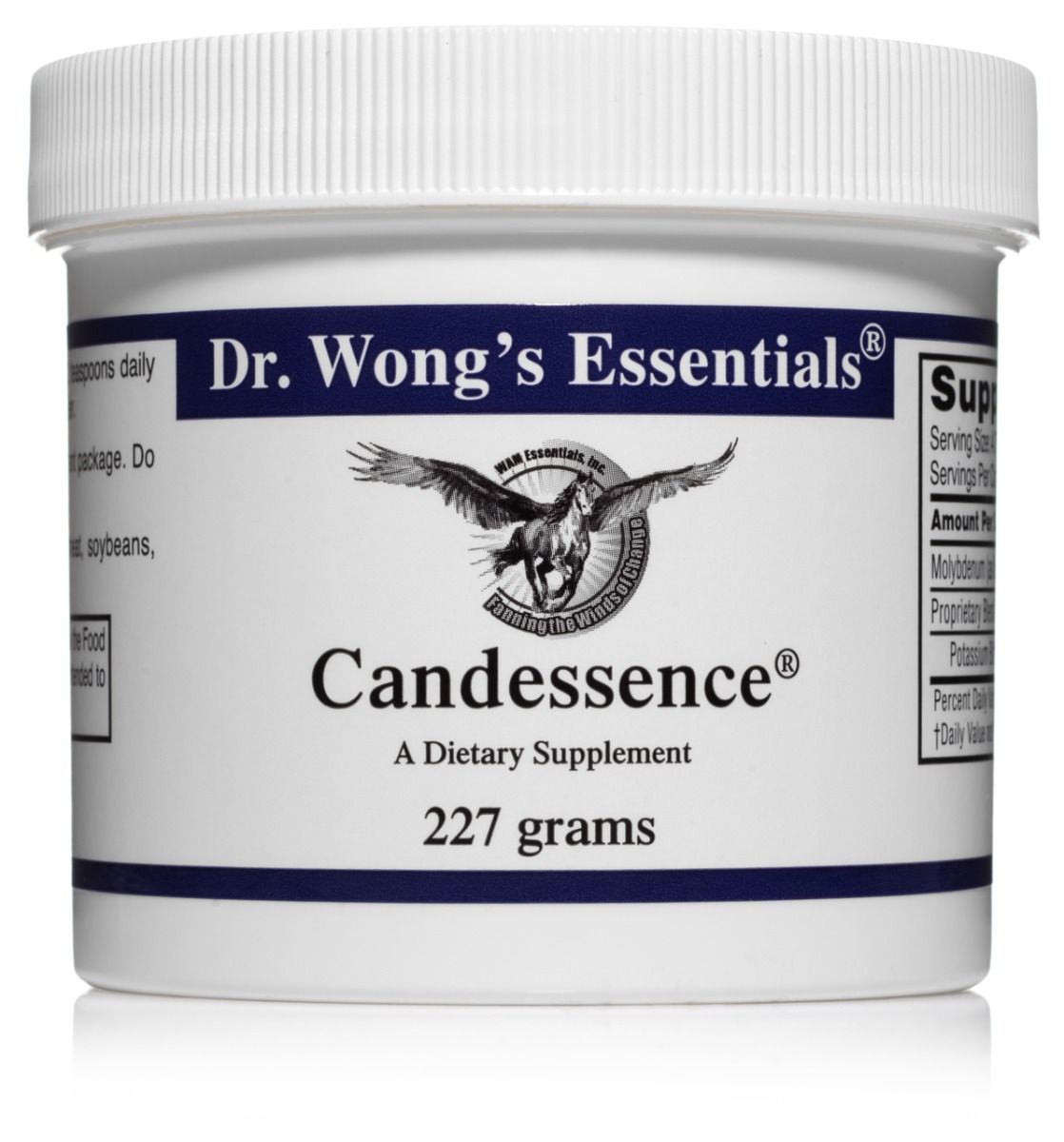Inulin's are a group of naturally occurring polysaccharides (several simple sugars linked together) produced by many types of plants.[1] They belong to a class of fibers known as fructans. It ranges from completely bland to subtly sweet and can be used to replace sugar, fat, and flour. This is particularly advantageous because inulin contains a third to a quarter of the food energy of sugar or other carbohydrates and a sixth to a ninth of the food energy of fat. Inulin may also increase calcium absorption[2] and possibly magnesium absorption[3], while promoting good intestinal bacteria and suppressing bad intestinal bacteria*. As normal digestion does not break inulin down into monosaccharides, it does not elevate blood sugar levels and may therefore be helpful in the management of blood-sugar related health conditions.*
Because Inulin is indigestible by the human enzymes ptyalin and amylase, it passes through much of the digestive system intact. It is only in the colon that bacteria metabolize inulin, with the release of significant quantities of carbon dioxide, hydrogen and/or methane. Inulin is considered a soluble fiber and as such should dissolve in water and when ingested may help lower blood cholesterol and glucose levels.* As Inulin passes through the stomach and duodenum undigested, it is highly available to the gut bacterial flora. This contrasts with proprietary probiotic formulations based on Lactic acid bacteria (LAB) in which the bacteria have to survive very challenging conditions through the gastrointestinal tract before they are able to colonize the gut. Many foods naturally high in inulin or fructo-oligosaccharides, such as chicory have been seen as "stimulants of good health" for centuries.[4]*
Inulin is a necessary ingredient in any program designed to build healthy intestinal flora because it gives the good bacteria (acidophilus) a colonizing medium from which to cling to and feed from.* It is also a must in any program to eliminate candida infections (systemic yeast infections) as it helps to force out yeast and bad bacteria while giving the good bacteria a home from which to multiply.*
Inulin has several actions:
- It normalizes bowel moisture which can aid both constipation and diarrhea.*
- Inulin clings to the bowel wall forming a colonizing medium for good bacteria to cling to and feed from.* This keeps the good bacteria from being passed out of the bowel before having its positive action in digestion and in colonizing the gut with good bacteria.*
- Inulin may help stabilize blood sugar.*
- It supprts the body in forcing out bad anaerobic yeast and bacteria.*
- Has been used to help the body rid itself of H Pylori.*
- Inulin may increase the body's uptake of calcium and magnesium.*
- May help decrease iron anemia by improving the body's iron uptake from foods.*
References
1 Roberfroid M. "Introducing inulin-type fructans.". Br J Nutr 93 Suppl 1: S13-25. PMID 15877886.
2 Abrams S, Griffin I, Hawthorne K, Liang L, Gunn S, Darlington G, Ellis K (2005). "A combination of prebiotic short- and long-chain inulin-type fructans enhances calcium absorption and bone mineralization in young adolescents.". Am J Clin Nutr 82 (2): 471-6. PMID 16087995.
3 Coudray C, Demigné C, Rayssiguier Y (2003). "Effects of dietary fibers on magnesium absorption in animals and humans.". J Nutr 133 (1): 1-4. PMID 12514257.
4 Coussement P (1999). "Inulin and oligofructose: safe intakes and legal status.". J Nutr 129 (7 Suppl): 1412S-7S. PMID 10395609. Text)

